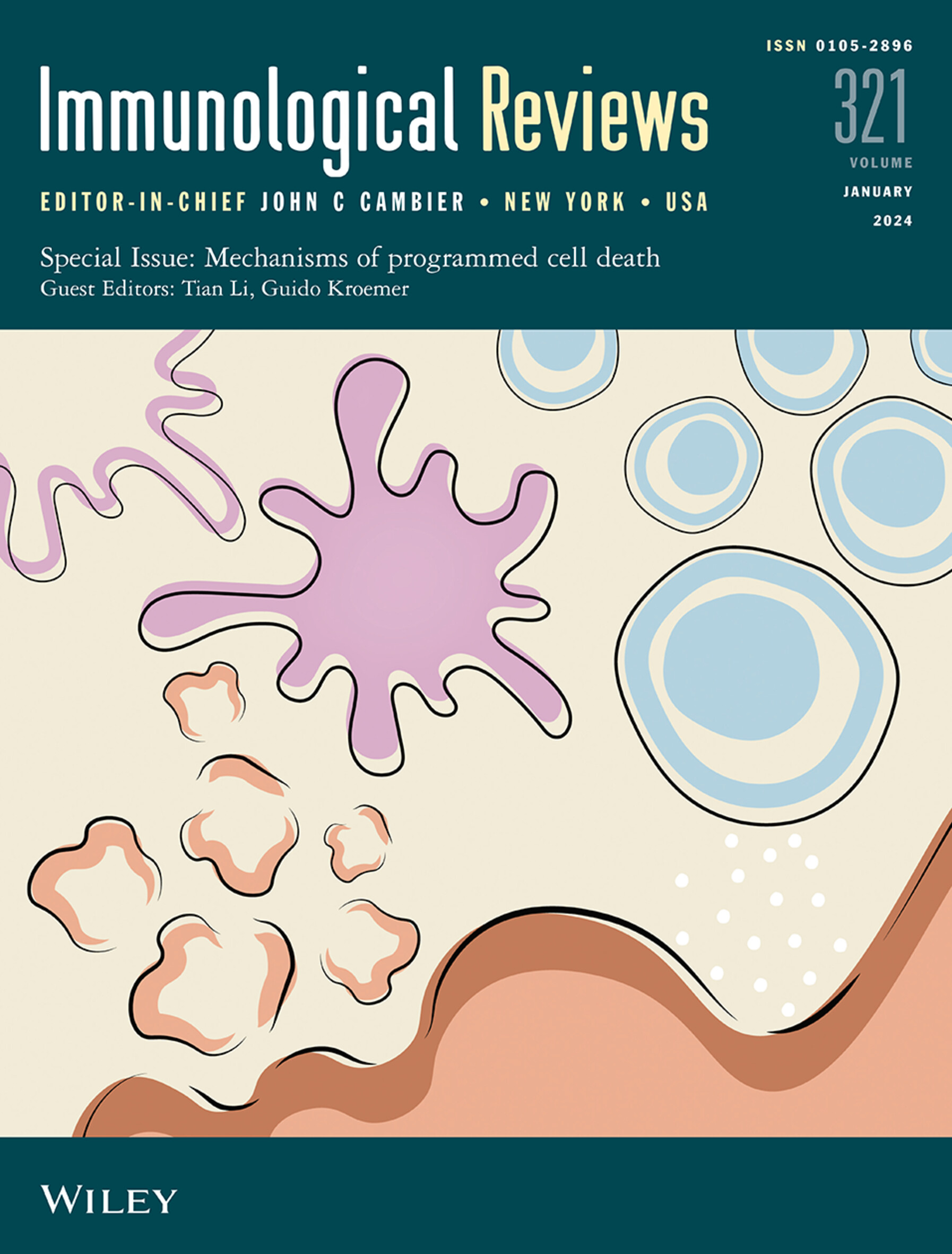Soluble Factors and Mechanisms Regulated by Sialylated IgG Signaling
Abstract
Inflammation is a complex biological response that can be both induced and actively suppressed by IgG-Fc gamma receptor (FcγR) interactions. This review explores the role of IgG sialylation in reducing or blocking inflammatory responses. We first revisit foundational studies that established the anti-inflammatory properties of sialylated IgG1 Fc. These early investigations revealed that the sialylated fraction is crucial for intravenous immunoglobulin's (IVIg's) ability to reduce inflammation in many autoinflammatory diseases and defined a paracrine signaling mechanism underlying this activity. Next, we discuss a recently identified mechanism whereby sialylated IgG directly induces RE1-Silencing Transcription Factor (REST) which functions as a transcriptional repressor of NF-κB1. This mechanism suggests a very broad role for sialylated IgG signaling in inflammation control since NF-κB is a central mediator of responses downstream of diverse activating receptors on both adaptive and innate immune cells. Finally, we review a set of soluble factors that are suppressed by sialylated IgG signaling in the murine airway and in purified human macrophages, providing additional insight into mechanisms by which sialylated IgG contributes to broad inflammatory control.

 求助内容:
求助内容: 应助结果提醒方式:
应助结果提醒方式:


